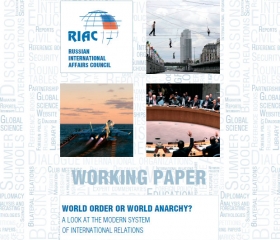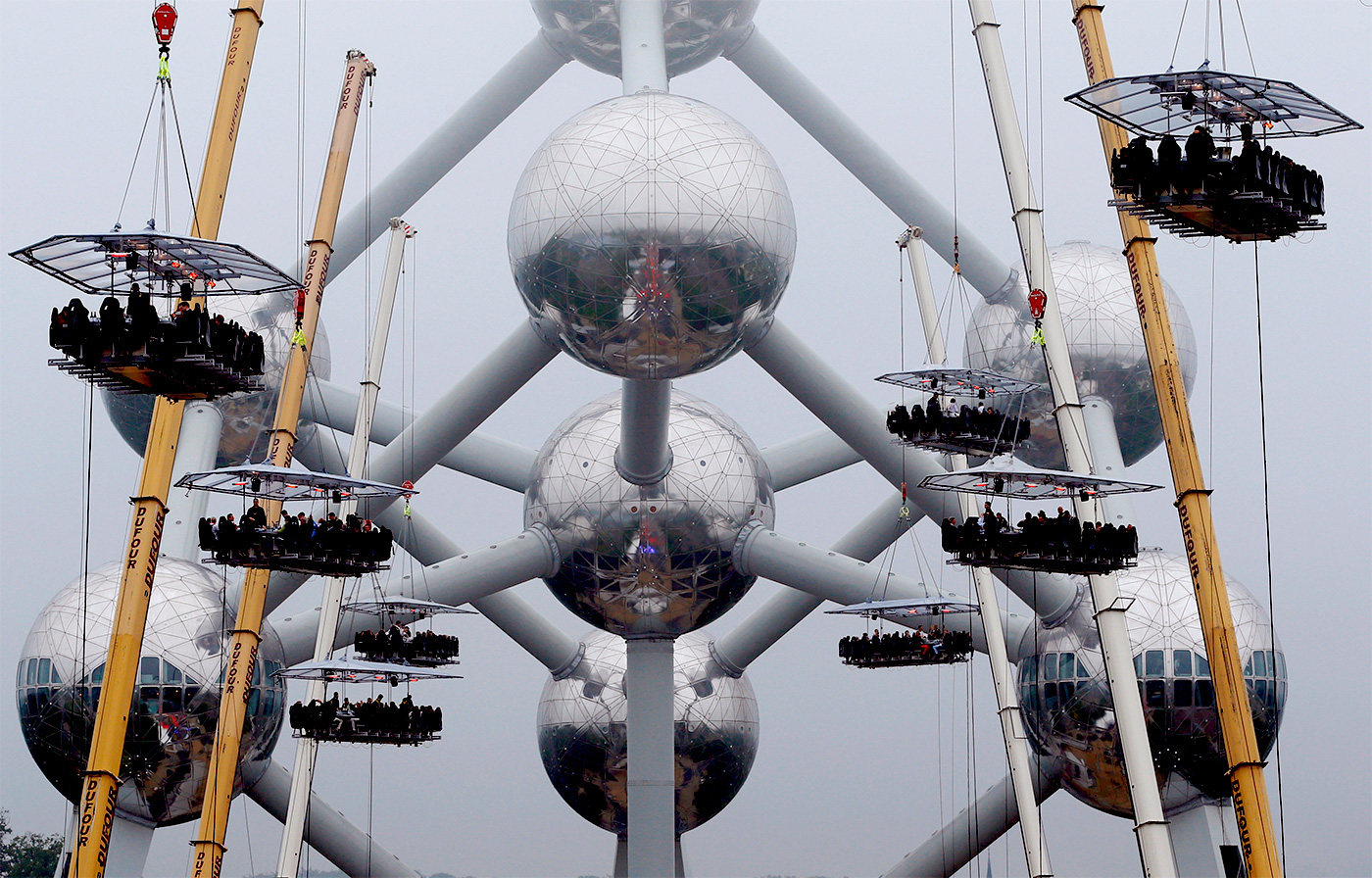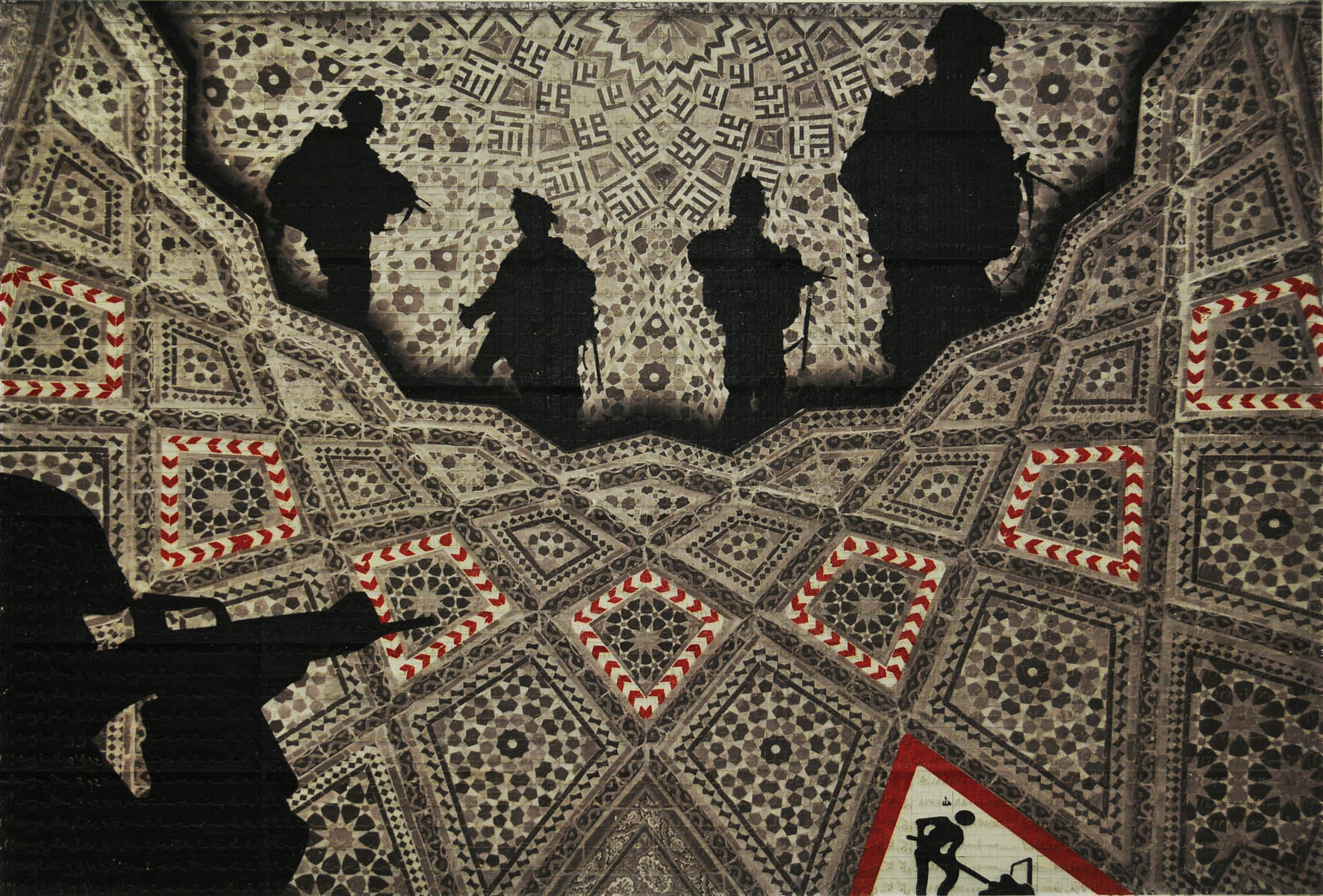Authoritarianism vs. democracy has long been established as part of modern Western discourse, with political transitions supposed to move linearly from one to the other. The problem is that authoritarian regimes proper – rationally organized secular autocracies – are increasingly scarce and giving way to crisis-ridden governments or fundamentalist regimes. The “bench” of countries capable of instituting a democratic transition is dwindling rapidly. The “old democracies” are facing mounting dilemmas, and prospects for regimes in major powers like China or Russia are vague.
Democracy is an inalienable attribute of every modern westerner’s identity. You will hardly find another notion that more clearly divides the modern Western political system and non-Western political systems. Democracy is an important marker separating the West from the rest. Democratic transition, in turn, has become an important component of joining the community of Western states. Democratization is an inalienable attribute of modernization and its success is closely associated with the success of the market transition.
These postulates are continuously debated in political science. But at the level of practical politics, their Golden Age came during the third wave of democratization, mostly understood to mean the transition from authoritarianism to democracy in Central and East European post-communist countries which began during perestroika in the USSR and became irreversible after its collapse. But the third wave later froze in the post-Soviet space. Attempts to democratize the Greater Middle East were a separate trend in democratic transitions. But here they were accompanied by grave crises of statehood. In the Western world itself, political regimes, while being spared institutional transformations, are facing serious challenges that will have to be addressed.
Unlike in the early 1990s, democracy today can hardly be regarded as the coveted final destination on the way to freedom and progress. The non-linear nature of politics necessitates a pragmatic vision of any political regime: democracy is increasingly approached as a means of achieving specific results rather than a goal and a value in itself. The future of democracy is vague, as is the future of the state as such.
This vagueness breeds two temptations: first, to exonerate authoritarianism and favor order over freedom for the sake of coveted stability; second, to fight for democracy to the bitter end, destroying all opponents for the sake of the idea. Clearly, both options lead to a dead end. Democracy will stay alive and desirable as long as it remains flexible, adaptive and open. Upsetting this balance will set off a process of its degeneration, a quite real prospect both in the West and elsewhere.
But before we speculate on the future of democracy, it is necessary to define the term itself. In the first place, democracy is a set of institutions and rules of the game. In theory, these institutions make domestic politics competitive and accountable to the public via elections, separation of powers, free media and civil society institutions. Modern democracy hinges on the nation state idea. In this state, the people are the source of sovereignty, with the democratic institutions implementing this right to the best of their ability. At the time of their inception in the late 18th and 19th century, the notions of nation state and democracy were interpreted as opposites of absolute monarchy, despotism, theocracy and any other forms of rule barring the people from participating in politics. Properly speaking, the notion of a people or a nation as groups of politically equal citizens was also implied by the nation state concept.
In terms of values, the nation state and democracy were products of the Enlightenment and later became the political system of modern society. Based on the values of freedom and progress, this was essentially a society of the masses, what with its mass production and consumption, mass culture and, of course, mass politics. But Enlightenment thinking is linear and holds that it is both possible and necessary to achieve the ideal state of institutions that are maximally rational and enable a rational individual to achieve maximum freedom and emancipation from traditional and religious prejudices.
But the 20th-century record shows clearly that mass politics and institutional rationalization are far from synonymous with democracy. Highly efficient, rational and mass-scale institutions of suppression were created on behalf of the people and purportedly for its liberation. But they enslaved the individual even to a greater extent than any previously existing form of despotism. Properly speaking, the terms “authoritarianism” and “totalitarianism” mean precisely the modern forms of autocracy. As such, they are massive, rationally built mechanisms, where the role of the individual is that of a cog in the machine. At the same time, there is hardly any authoritarian or totalitarian regime that would reject the values of freedom and progress, lack formal representative institutions, or fail to advertise its popular legitimacy.
Paradoxically, it was the constraints of rationality and the limits of rational planning and organization of complex and non-linear economic and social systems that were behind the collapse of many of these regimes, primarily the Soviet Union. At the end of the 20th century, Western democracies proved more efficient not because they were more rationally organized than the USSR. To the contrary, they avoided super-centralized rationality, wittingly or unwittingly, by distributing it to independent non-state institutions. More chaotic and distributed systems proved more efficient. Their rational surveillance of individuals was as advanced as that in authoritarian societies, but it was outside of the state monopoly as well. But their victory in the rivalry with the Soviet Union ended up playing a nasty trick on Western democracy. The Western countries themselves started regarding democracy as an immutable paragon. This belief was confirmed by the East European countries that were rather successful in making the political and economic transition and managed to integrate into Western political structures. In the final analysis, transitioning from authoritarianism to democracy came to be viewed as the world political mainstream.
But the 21st-century realities were different. An unexpected problem was that a large number of authoritarian and even totalitarian states proved that they were not what they seemed. The notion of authoritarianism turned into a banal stereotype regarded in the West as absolute evil, a category that could include a lot of totally different regimes and systems. The West’s problem was that there remained few truly authoritarian regimes based on rationality, secularism and progressive ideals. By contrast, there were increasingly more despotic regimes based on other forms of legitimacy such as religious faith, ethnicity or tribalism. This difference cannot be measured by standard methodologies like Polity IV or Freedom House indices.
During the last two decades, the West has been enthusiastically dispatching modern autocracies with color revolutions and open invasions, thus unwittingly spawning fundamentalist autocracies of a different stripe. These autocracies can be convenient allies at some stage but in terms of values they are much farther removed from the Western principles of democracy than any of the toppled authoritarian regimes. In this way, the West has deprived itself of its “bench” of countries capable of managing a competent transition to democracy. Rejection of democracy is emerging as a long-term trend in the non-Western and particularly Islamic world.
Difficult dilemmas are cropping up in the Western countries themselves. On the one hand, democracy is good at absorbing shocks. Various social protests are on the rise in North America and Europe but democratic institutions are coping well in their role as safety valve. Brexit, the Trump phenomenon, the growing popularity of extreme left and extreme right movements are well within the ambit of existing formal institutions. At the same time, a number of problems are emerging, which will exert pressure on democratic regimes.
First, the influx of migrants and refugees and growing terrorist threat are factors calling for security measures, which means stricter government control and surveillance. As a consequence, individuals will lose their autonomy and privacy and be subjected to government interference. This interference is justified by security considerations but with time these may grow increasingly vague. Protecting citizens from government arbitrariness may emerge as an issue.
Second, the concept of sovereignty will evolve as major supranational organizations develop. This refers primarily to the European Union. The erasing of borders and removal of trade barriers offered a lot of business opportunities. But this has led to imbalances inside the EU. Nation states are unable to prevent capital flight, population drain or the decay of industries whose output can be replaced by manufacturers in other countries. But they bear full responsibility before their citizens for the consequences. The same is true of European policies. Brussels may implement ambitious projects but if they fail, it is the national governments that will pay the political price. They are caught in a vice between the European bureaucracy, transnational companies, international financial institutions and their own citizens who are losing their jobs and prospects. The Greek crisis has laid bare these contradictions. The European democracies will have to adapt to the EU’s growing role.
Third, there are political crises in the European periphery. For example, a military coup attempt in Turkey and the government’s subsequent harsh clampdown called into question the claim that NATO is a commonwealth of democratic states. The Ukrainian crisis is forcing the old democracies to support a government that is not averse to harsh and extraordinary measures either. All of this is reason enough to denounce their double standards and serves to erode the legitimacy of democracy as a project for other countries.
Fourth, the new generation of voters with its standoffish attitude to traditional ideologies and parties and fundamentally new media environment is a puzzle in its own right. The new generation is unlikely to opt for any form of autocracy. But it won’t buy the old institutions and ideologies either.
There are quite a few questions with regard to the future of the political regime in major non-Western countries. How will the political regime change in the People’s Republic of China? Will it become democratized to promote further economic growth? How will democracy fare in India, which until recently was almost an example for non-Western societies? Will political regimes in Latin America remain stable?
The big question is the future of the political regime in Russia. The West has continually dismissed the Russian regime as an autocracy. But this explains neither its nature, nor its possible transformation. The historical point of bifurcation that Russia will face is much more difficult than choosing between democracy and autocracy. Primarily this is about solving the paradox of globalization that forces countries to choose between sovereignty and security, on the one hand, and integration into a global world, on the other. In Russia’s case, these two agendas are clearly contradictory. We are consolidating our statehood and sovereignty to the detriment of our prospects in the global world (in the 1990s, we were enthusiastically doing the opposite).
The issue of democracy in Russia’s case is closely connected with this dilemma. There is demand for democracy in Russian society. And it is intimately related to a similar demand for openness to the outside world. But there is a no less powerful demand to keep a distance from it, particularly from the West, demand for a “strong hand,” “stability and order.” It’s clearly too early to say which of these competing demands will prevail in the end. Russia’s short-term objective is to institutionalize this dispute and prevent it from reaching the stage of revolutions, social upheavals and repressions. It doesn’t matter what this process will be called by foreign observers – democratization, authoritarian modernization or anything else. The important thing is to have efficient mechanisms for competition, transfer of power and feedback. All other scenarios will come at a heavy price.
Ivan Timofeev leads the program “Contemporary State” at Valdai Discussion Club. Also he has been a Director of Programs at the Russian International Affairs Council (RIAC) since 2011.
First in published in Valdai Discussion Club.








